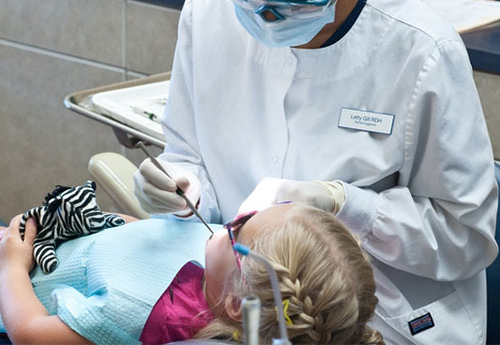Family dentistry services are the cornerstone of a healthy smile. You and your family dentist can make a great team for maintaining optimal oral health for all of your family members when everything goes according to plan. Both patients and professionals have important roles in this process.
For the patients, it’s essential to practice good oral hygiene habits, including brushing and flossing, on a daily basis. Professional care is needed to keep your smile in good shape or to repair the damage that has occurred. Both home care and professional care are crucial to preserving your oral health, and neither should be neglected. Be sure to practice good oral hygiene habits every day, and see your dentist twice a year for checkups and professional cleanings.
Preventive Care
Preventing oral diseases begins at home with routine brushing and flossing. This is an important first step to minimizing the presence of disease-causing oral bacteria. However, your home oral hygiene regimen still needs support with preventive care from your family dentist. You should be scheduling these checkups twice a year.

